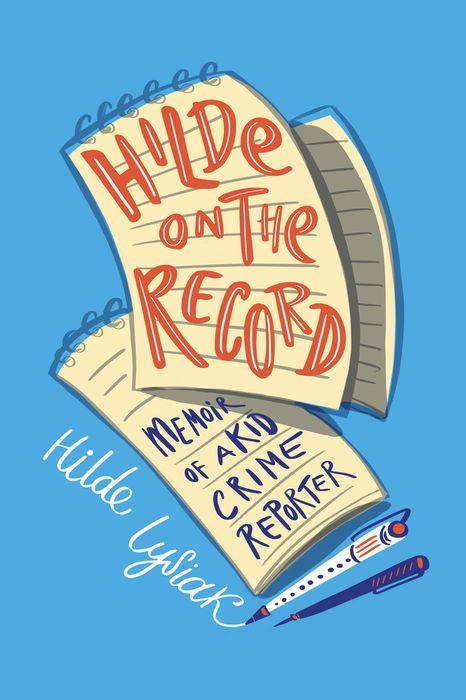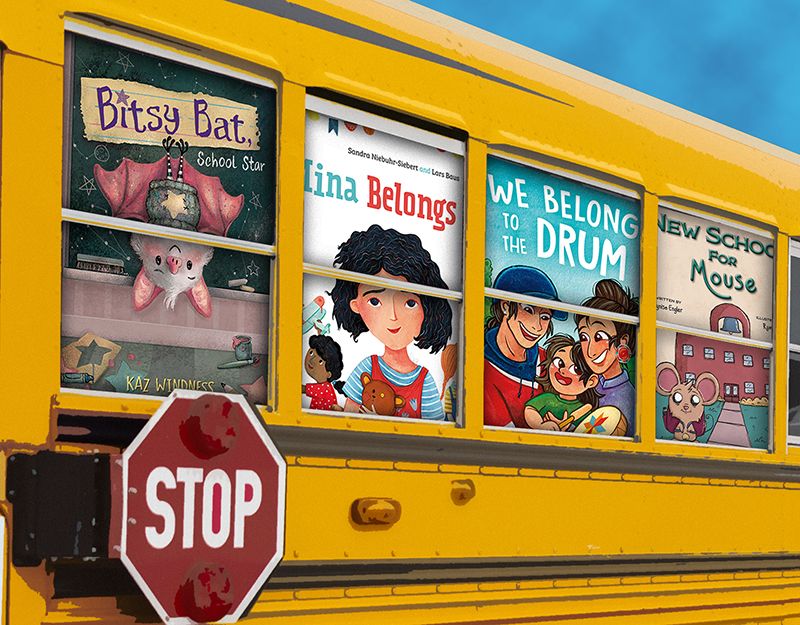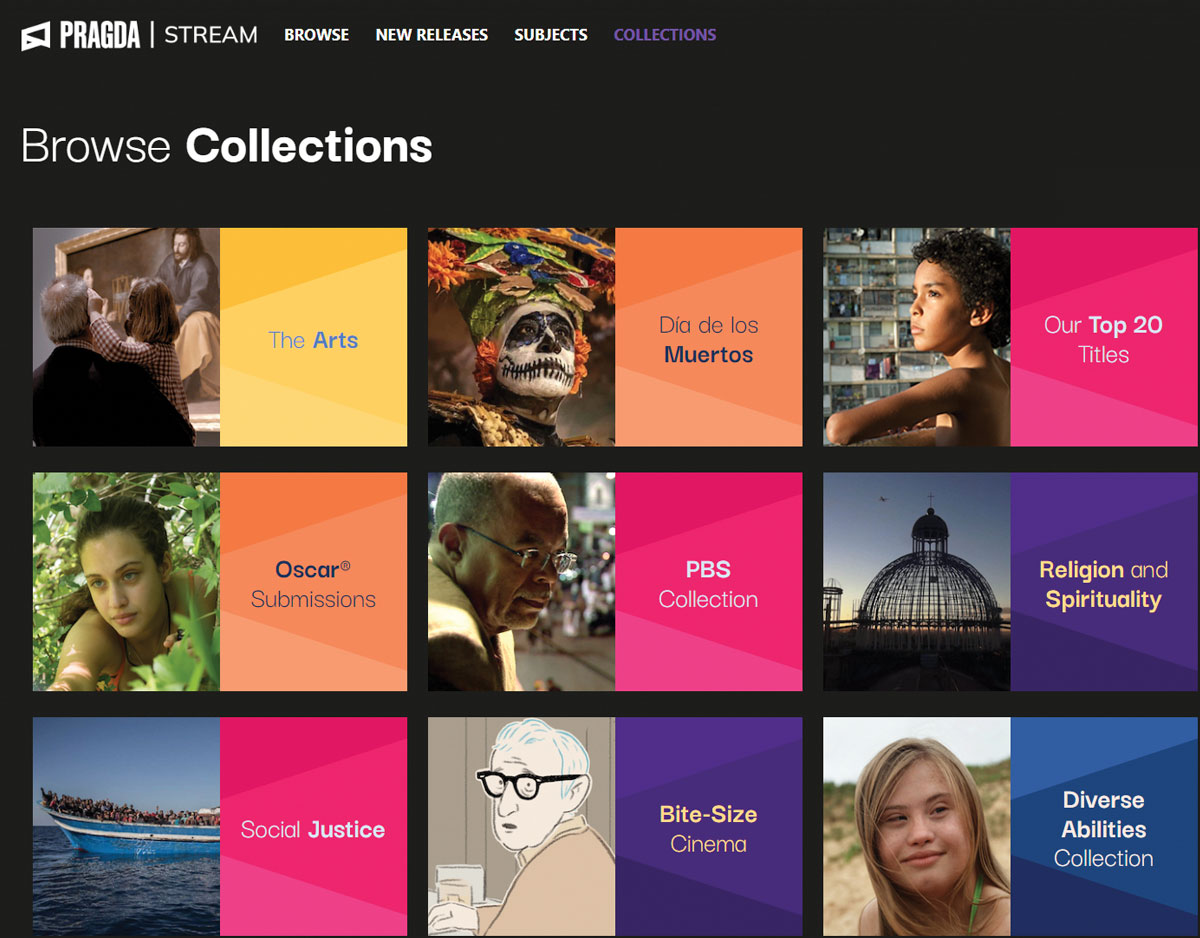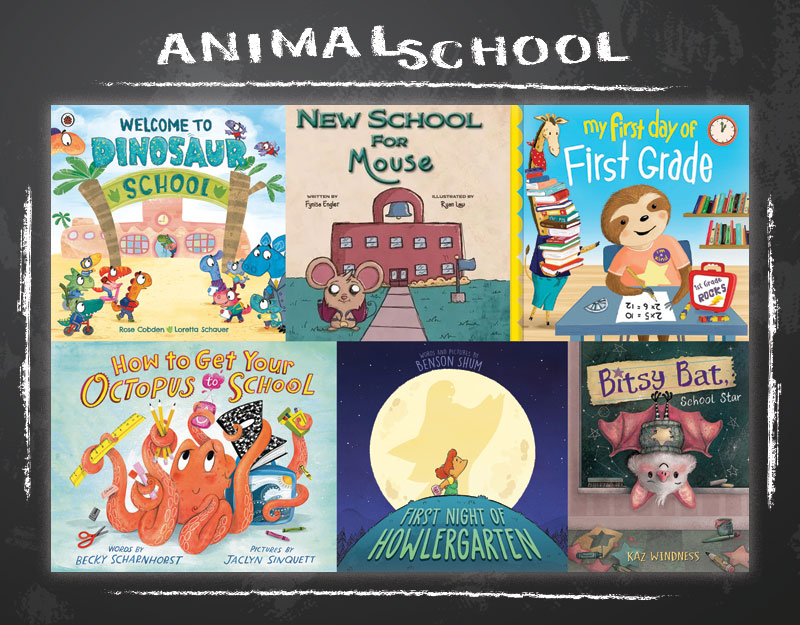Citizen Journalism and the Peter Parker Principle, a guest post by Hilde Lysiak

What is a journalist?
Is it someone with a fancy college degree? Or how about a person with a credential from a major newspaper or news show? Oxford’s online dictionary defines a journalist as “a person who writes for newspapers, magazines, or news websites.”
That definition fits in nicely with the caricature created by Hollywood, who gave us the image of that strapping middle aged man wearing a dark fedora pleading his case that his latest scoop is front page material to his high strung editor who likes to scream a lot.
ADVERTISEMENT
ADVERTISEMENT
But if you observe the world today it quickly becomes clear that this definition is as outdated as the fedora, which for those of you who don’t know, is a weird hat with a wide brim.
I never fit any of these definitions. I was seven years old when I first became a reporter. And I was nine when I was first to exclusively break the news of a murder in my hometown. At the age of ten my exclusive reporting exposed fraud at a non-profit that led to an investigation by state authorities and the workers getting fired. However, those were only two of literally hundreds of stories I’ve reported on in the newspaper I self-published, the Orange Street News.
As you might have guessed, I was able to report on these stories for my hometown of Selinsgrove, Pennsylvania without having earned my middle school diploma – if there is such a thing – much less a journalism degree from Columbia J-School. I received my education from walking the streets with my Dad, who worked as a reporter for the New York Daily News. I followed him around on assignments across the city. He thought it was a great way to spend time together. I didn’t know it at the time, but I was learning a new trade and cultivating a passion.
Despite my age and lack of “serious credentials” I am proud of the work I did. The Orange Street News provided the community with an important resource. I covered the crimes the other paper didn’t want to report on and held the powerful to account.
I may no longer report for the paper, having been forced by my parents to take a hiatus more than a year ago to have a “normal high school experience,” whatever that is, but the cause of citizen journalism – which I think of as everyday uncredentialed people not affiliated with major news organizations publishing accounts through social media or pointing their camera to expose truth that is then broadcast around the world – has never been more important.
Just check out the biggest news story in the world.
Right now if you scroll on Instagram you will find normal Ukrainian citizens sharing details of the Russian invasion from locations that are too dangerous for many in the established media.
Before smartphones and the internet the people in power would have been able to control the information – and as a result the narrative. But now they can’t. And they never will be able to again. The people won’t let them. And as a result, the truth as reported by these citizen reporters is smashing through the fog of war to show the world what is really happening.
And that is a beautiful thing. Today, anyone with a phone, curiosity, and a story to tell can become a journalist. And this is a progress because it empowers the people and takes a wrecking ball to the days when a few “leaders” in fancy suits decided what information we had access to.
Of course, as a big advocate of the Peter Parker Principle, with great power comes great responsibility, having billions of reporters sharing information can muddy the waters. With so many different sources, how do we know what is true?
ADVERTISEMENT
ADVERTISEMENT
My counter argument is that a reporter, like any other person, is only as good as their reputation. And just like we wouldn’t eat a donut covered in ants (except maybe my little sister Juliet, who really loves donuts), it is up to each and every one of us to make sure what we put into our bodies, or minds, is clean. That is why I am very careful which news sources I let into my feed. You should be too. And people are smart, most have a great B.S. detector.
In my world, more options are always a good thing and the more people sharing information, the better.
So, back to definitions, what is a journalist?
The answer: we are all journalists now.
Meet the author

Fifteen-year-old Hilde Kate Lysiak is an American journalist and founder of the Orange Street News. The paper has had nearly a thousand paid subscribers and has been read by millions more online. Her journalism has been profiled by the New York Times, Columbia Journalism Review, NBC Today, the Washington Post and many other newspapers and television stations around the world.
Lysiak is the youngest member of the Society of Professional Journalists, has a six-book series with Scholastic and is the inspiration for AppleTV+ mystery series Home Before Dark (2020). On May 10, 2019, Lysiak became the youngest person in U.S. history to deliver a commencement speech when she outlined her vision for the future of journalism for the graduating class of West Virginia University’s Reed School of Media. Lysiak, along with journalist Christiane Amanpour, was awarded the 2019 Zenger Award for Press Freedom, given to a journalist who fights for freedom of the press and people’s right to know. Lysiak lives in Patagonia, Arizona.
CONNECT WITH HILDE LYSIAK ONLINE
OrangeStreetNews.com
Twitter: @HildeLysiak
Instagram: @orange_street_news/
Facebook: /orangestreetnews
About Hilde on the Record: Memoir of a Kid Crime Reporter
When seven-year-old Hilde Lysiak found out her new town didn’t have a paper, she grabbed a notepad and began to work.
Hilde Kate Lysiak spent her early childhood in New York City with a passion for journalism. When her family moved to Selinsgrove, Pennsylvania, Hilde didn’t complain. Instead, she started reporting.
Hilde began by reporting on the birth of her sister, the newest resident on Orange Street, then began expanding her coverage to the entire city. She interviewed hundreds of locals in her effort to deliver “All the News Fit for Orange Street”: a seed exchange at the local library, a fundraiser for a hospital’s neonatal unit, a fire at a church, and a mysterious vandal destroying landscaping on city property.
Everything changed when Hilde received a tip that a terrible crime had happened just blocks from her house. By using the tools she had learned on the beat, the enterprising young reporter was able to confirm the facts and get the important information out to the public several hours before the other local media.
Hilde was proud of her work, but not everyone in her small town felt that way. Cyberbullies targeted her, zeroing in on her age and gender. Hilde considered ignoring them but decided she had to stand up to the haters to protect the reputation she had worked so hard to earn. Her response went viral, and nearly every major news organization took notice.
Hilde hasn’t let anything stand in her way since.
ISBN-13: 9781641605816
Publisher: Chicago Review Press, Incorporated
Publication date: 04/19/2022
Age Range: 8 – 12 Years
Filed under: Guest Post
About Amanda MacGregor
Amanda MacGregor works in an elementary library, loves dogs, and can be found on Twitter @CiteSomething.
ADVERTISEMENT
ADVERTISEMENT
SLJ Blog Network
Name That LEGO Book Cover! (#53)
Cover Reveal and Q&A: The One and Only Googoosh with Azadeh Westergaard
K is in Trouble | Review
Fighting Public School Book Bans with the Civil Rights Act
ADVERTISEMENT







